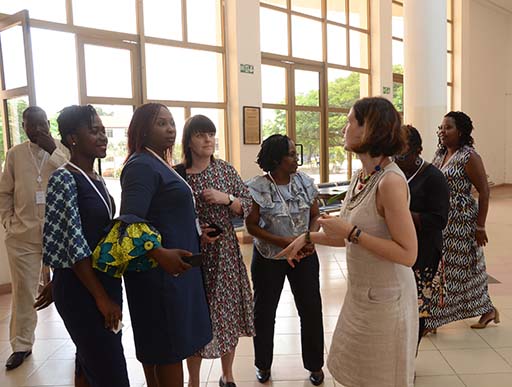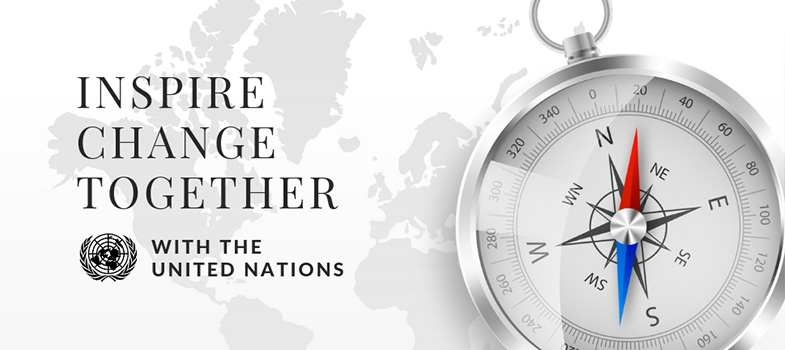3.5 Conclusion

This unit has explored how you can assist your students in meeting the challenge of transferring the knowledge and skills they are developing to different contexts. You have explored the idea that the best way of helping students transfer knowledge outside of the classroom contexts is to help connect that knowledge to contexts that your students encounter in their everyday lives (Ambrose, 2010).
You will find that throughout the E4J Modules there are ideas for lesson activities that invite your students to apply the ethical concepts taught to real world scenarios. You were invited to explore two examples of how this approach could be used when teaching utilitarian and deontological approaches to ethics and mechanisms for the detection of corruption.
In the next Unit you will explore the social nature of learning in more detail.
Go to Unit 4: The social nature of learning [Tip: hold Ctrl and click a link to open it in a new tab. (Hide tip)] now.
3.4 Detection of corruption
